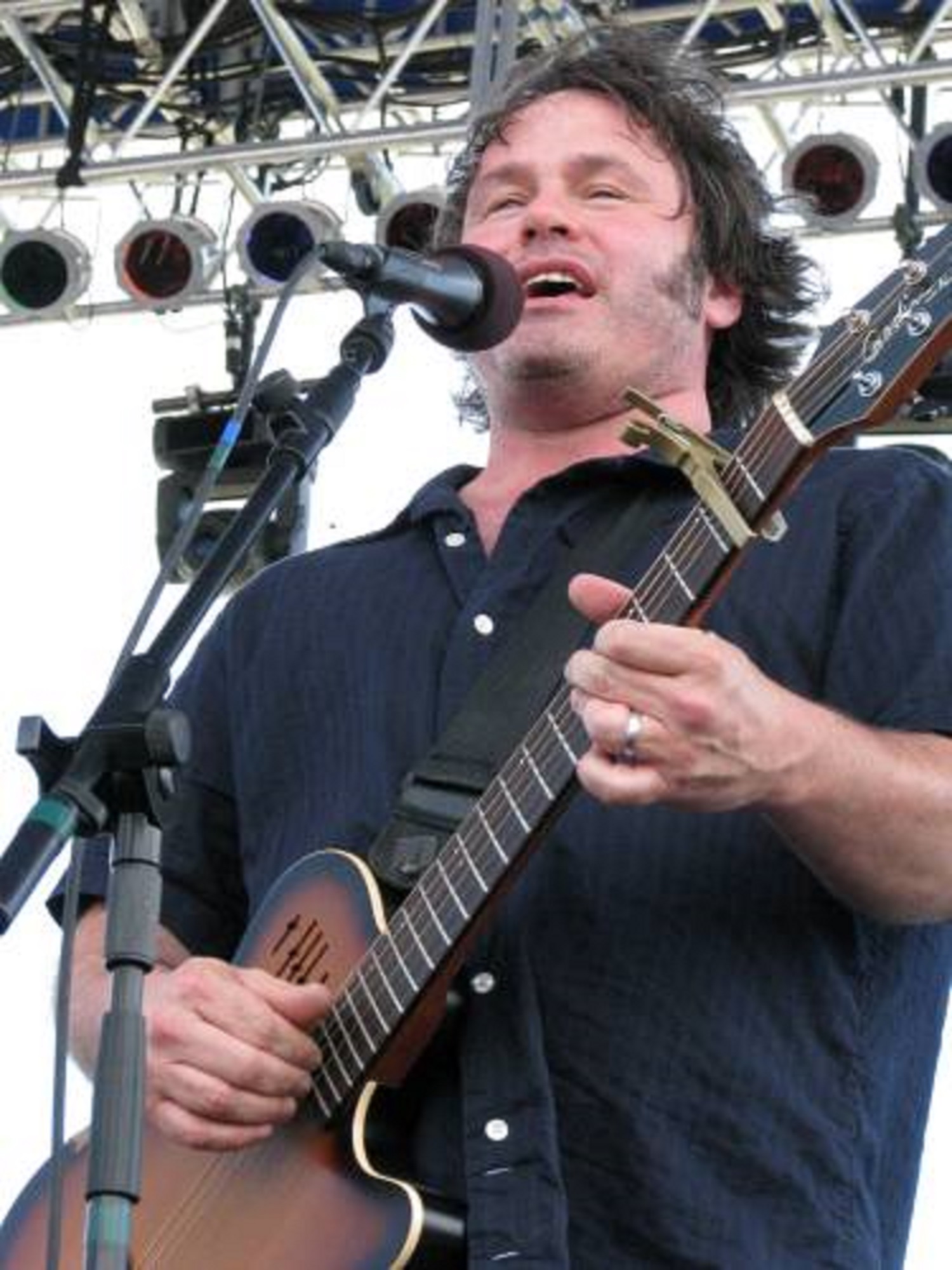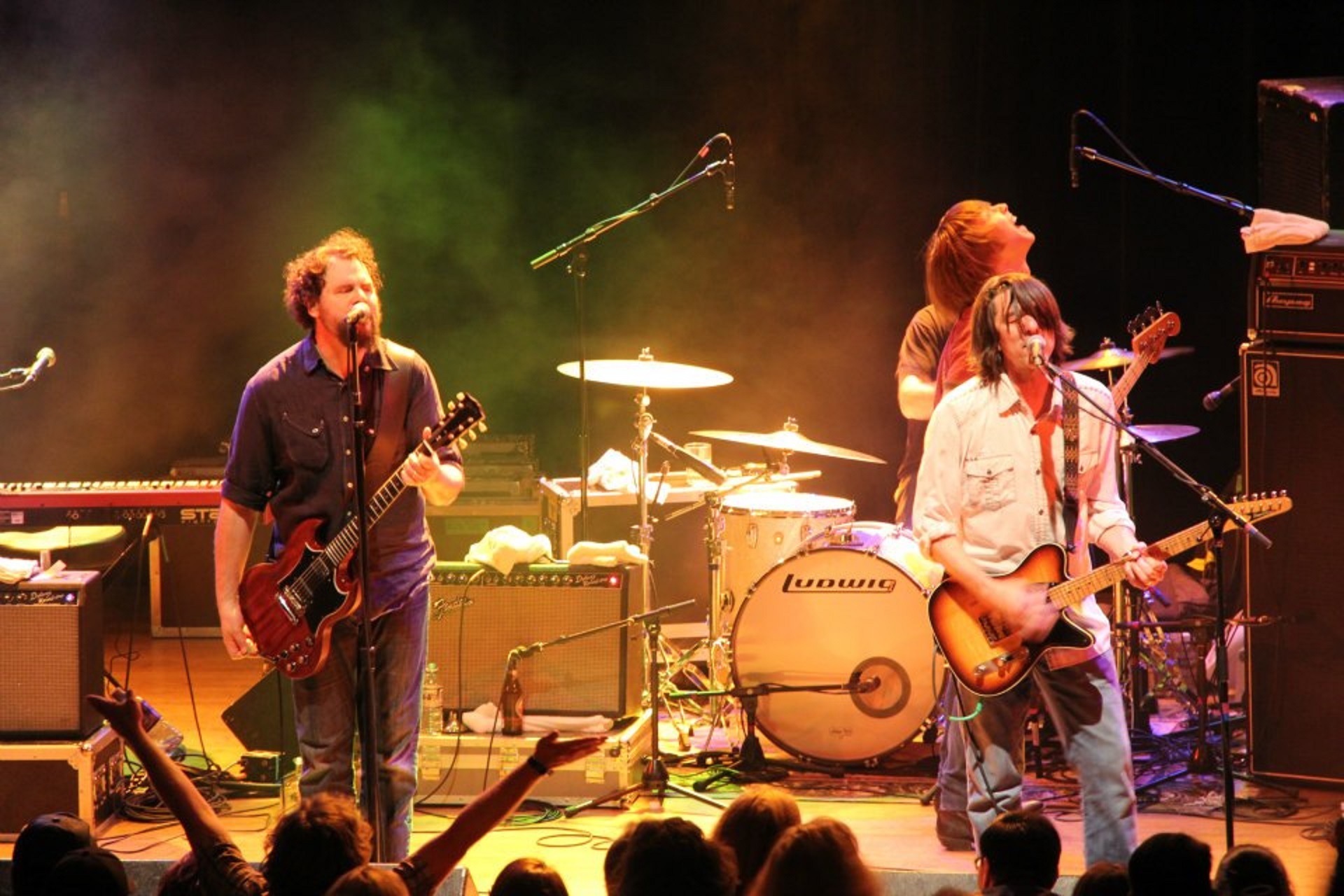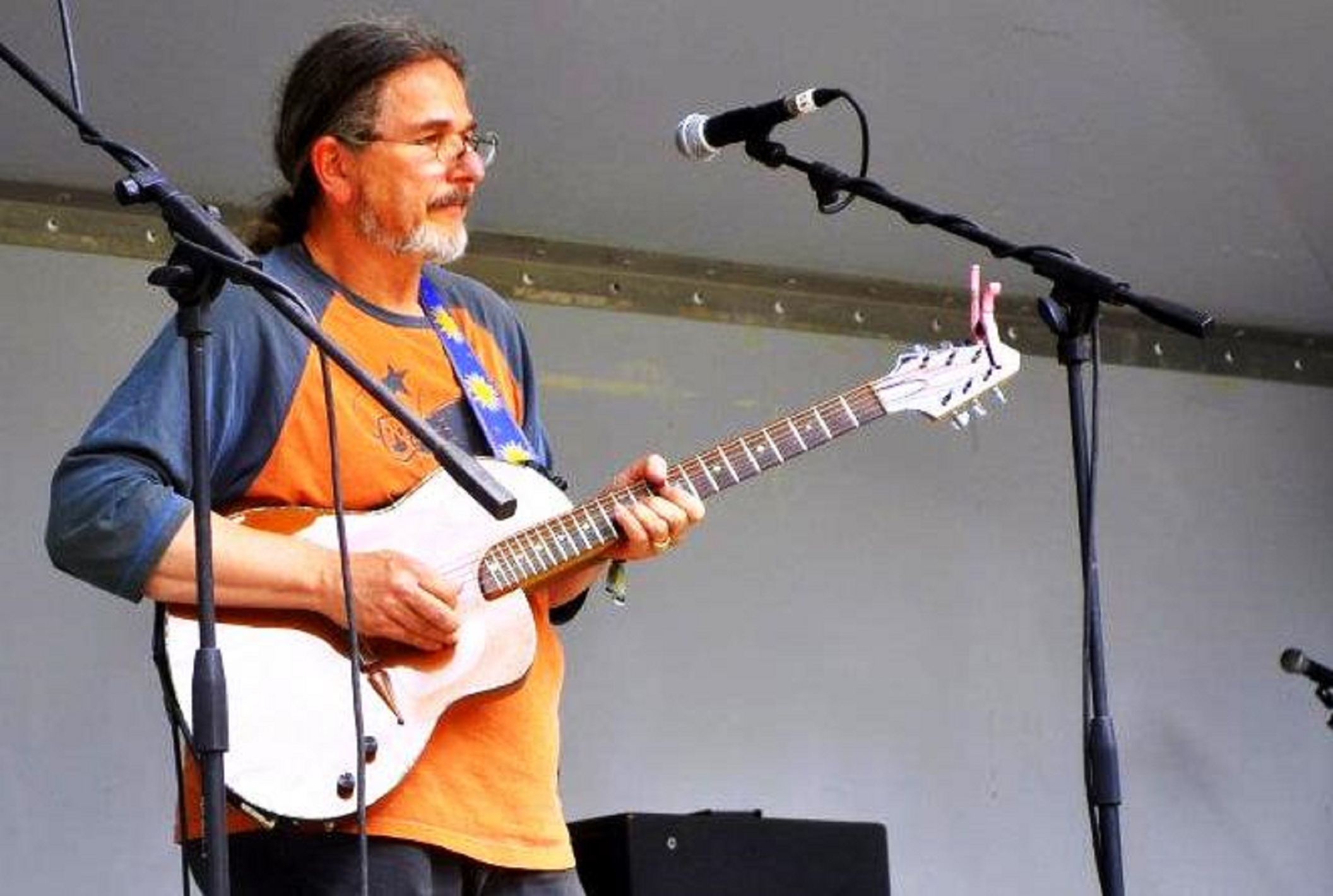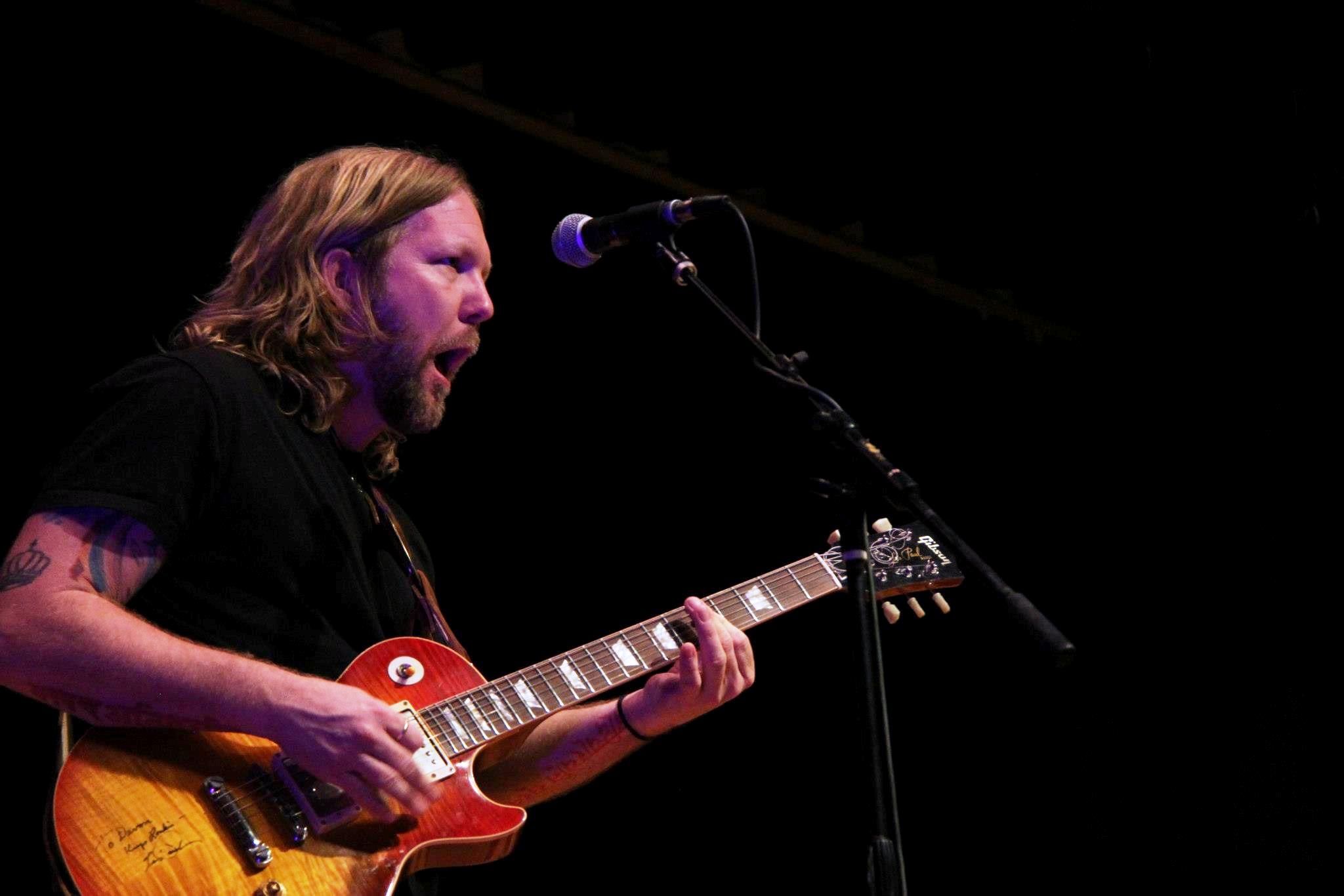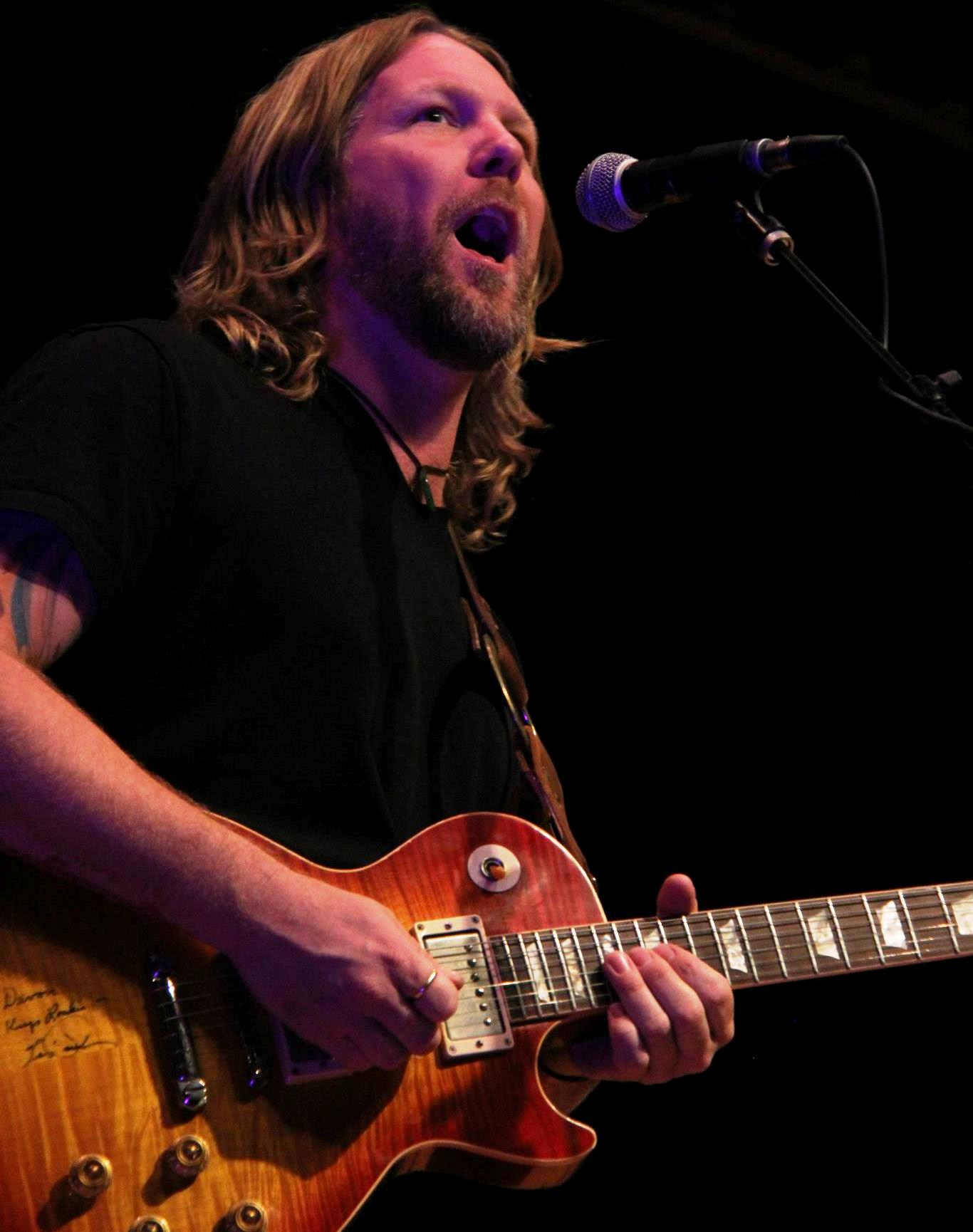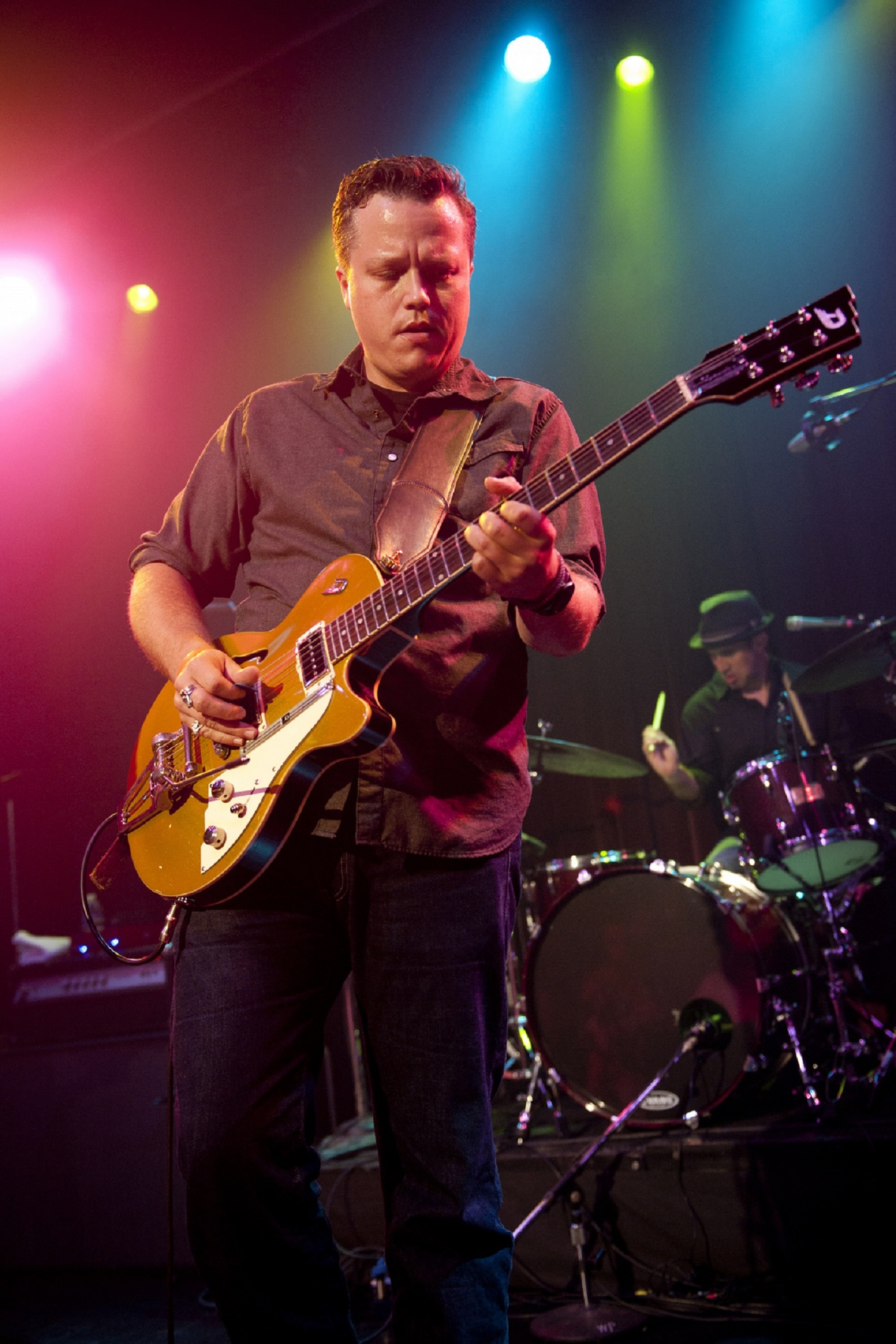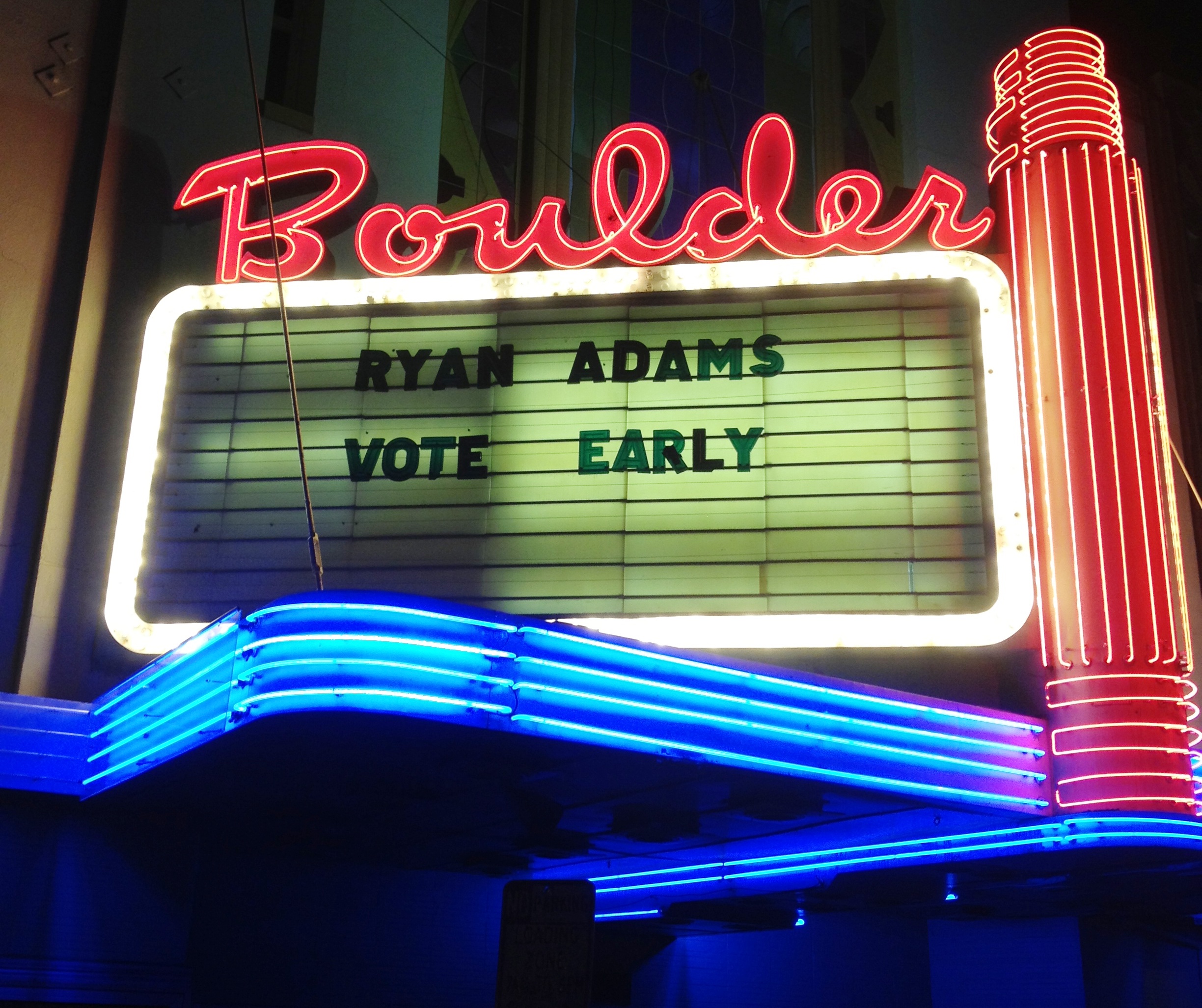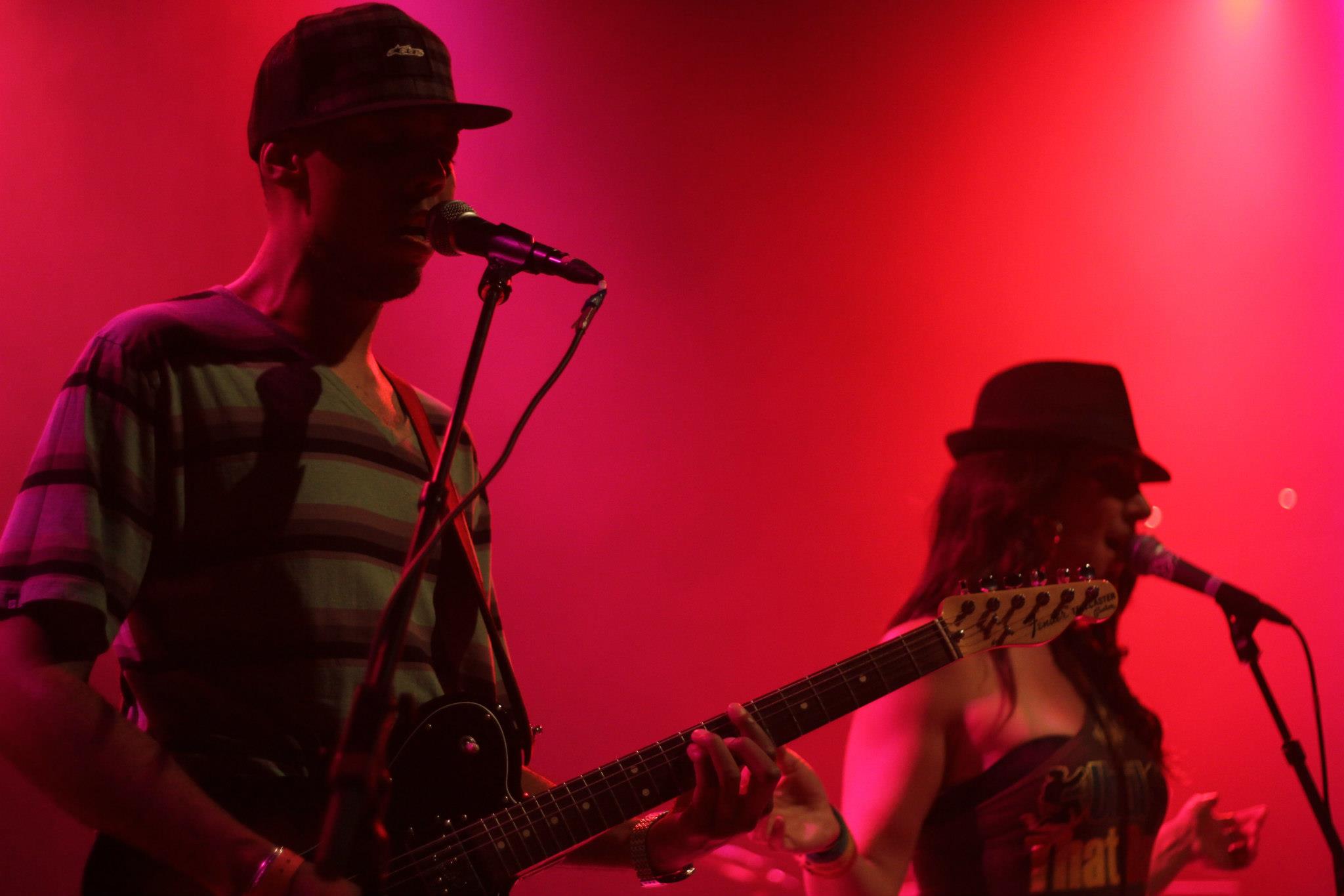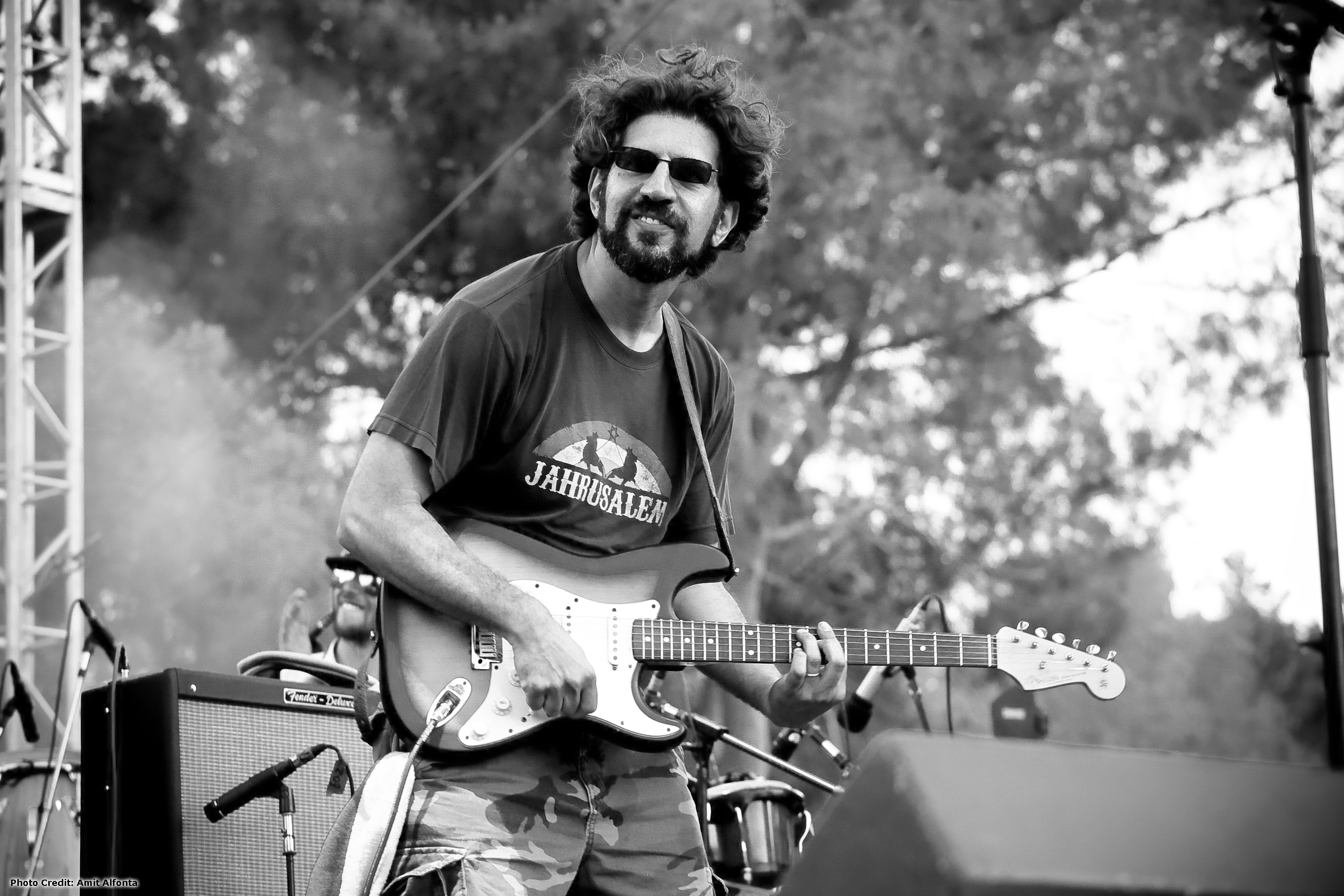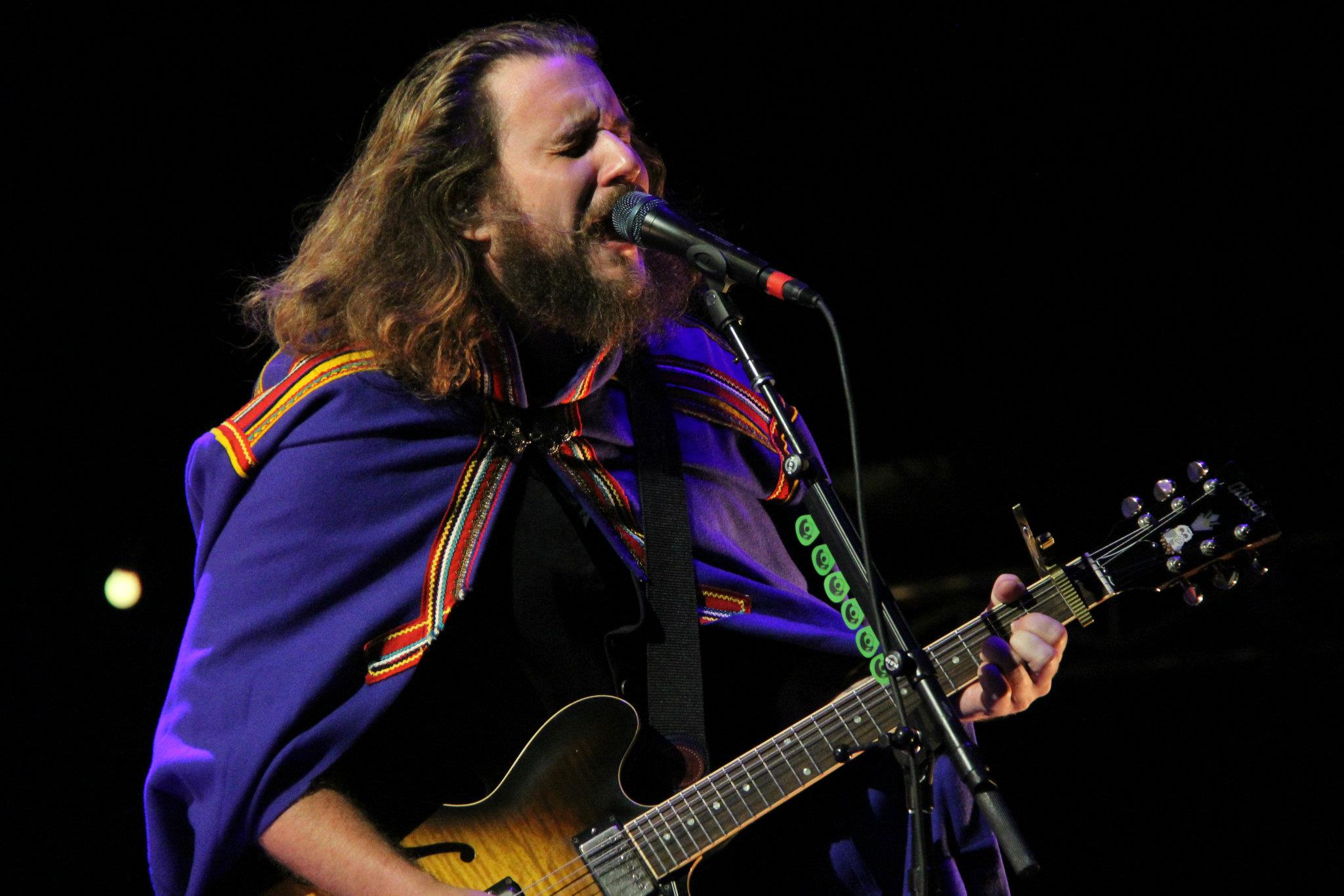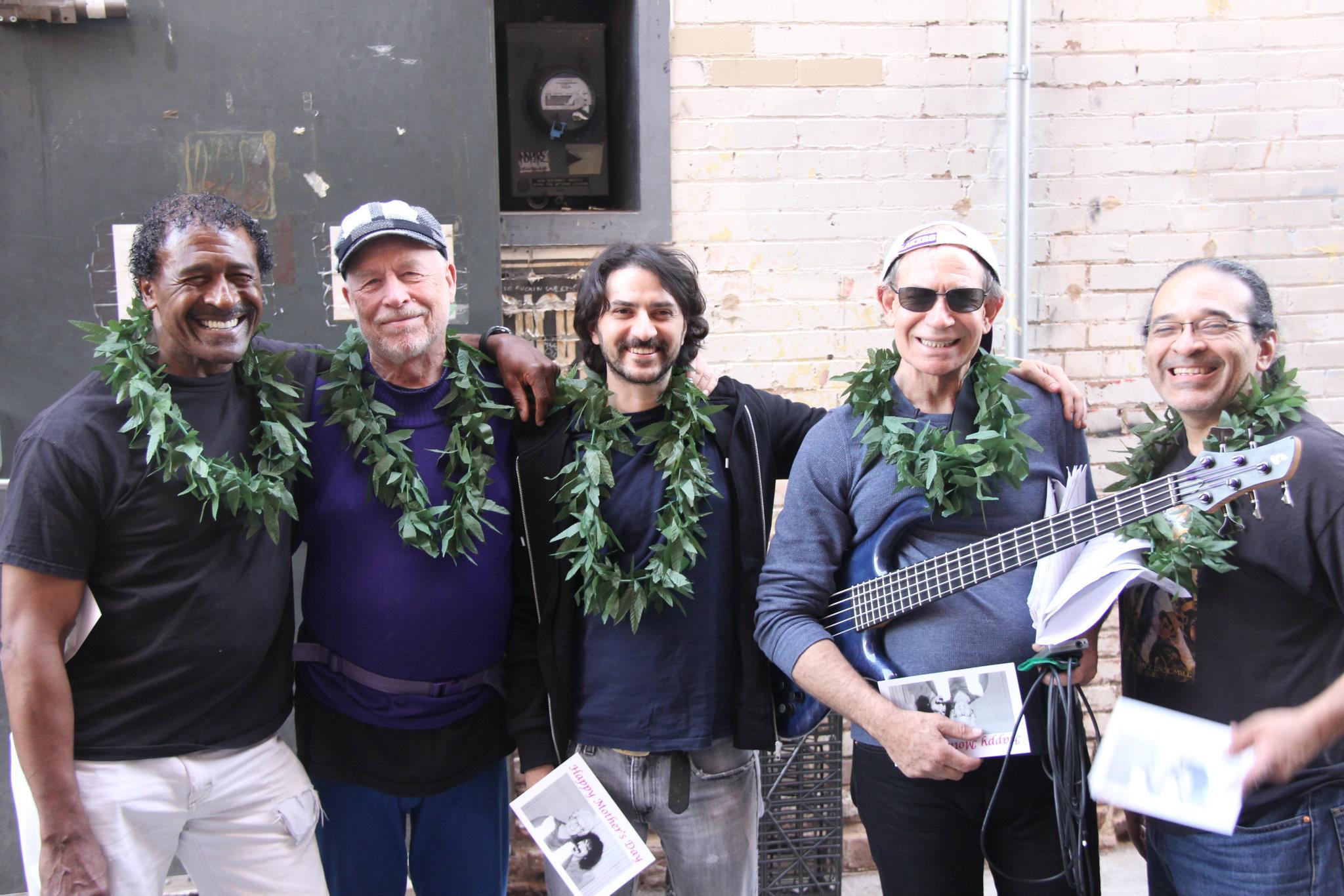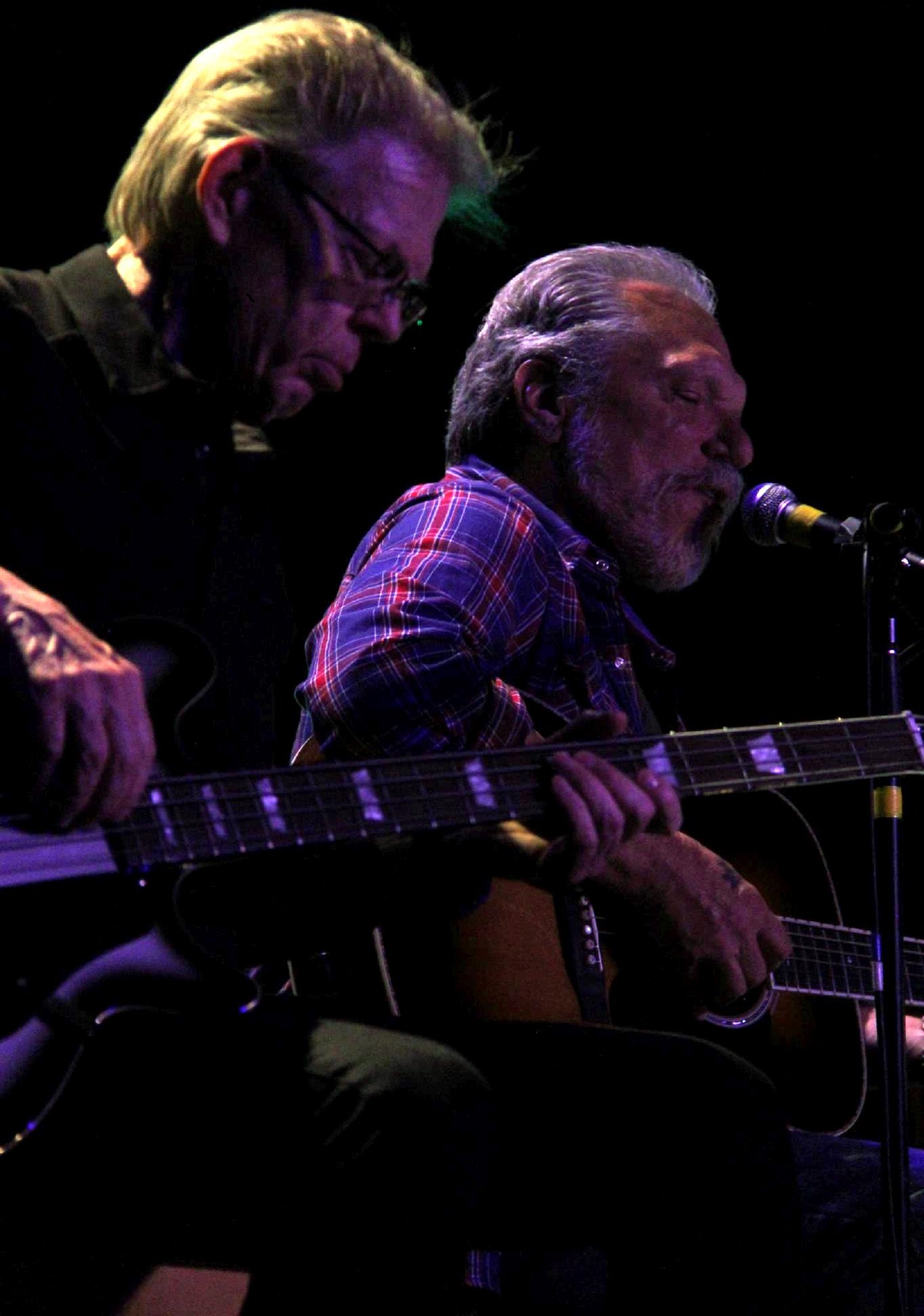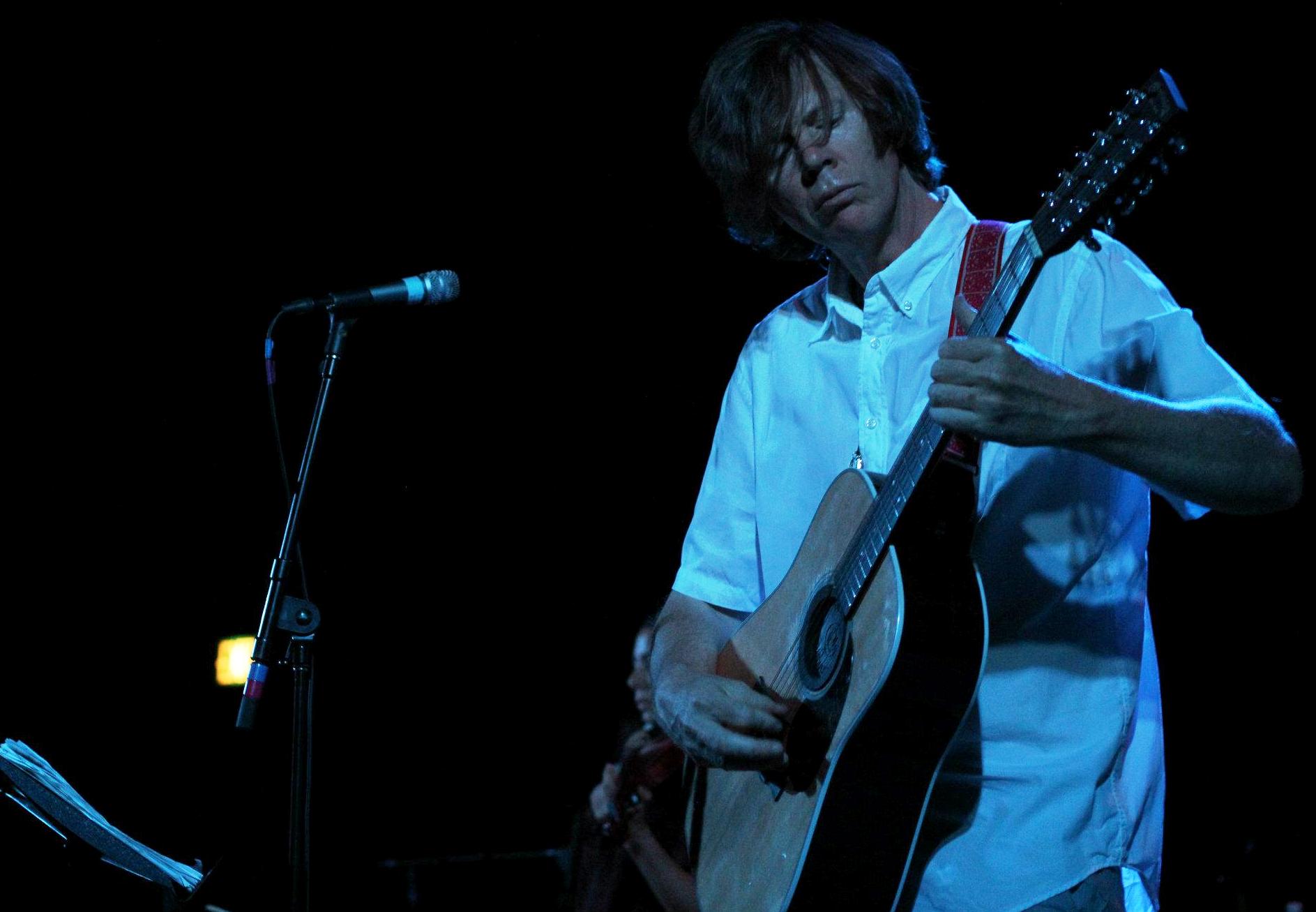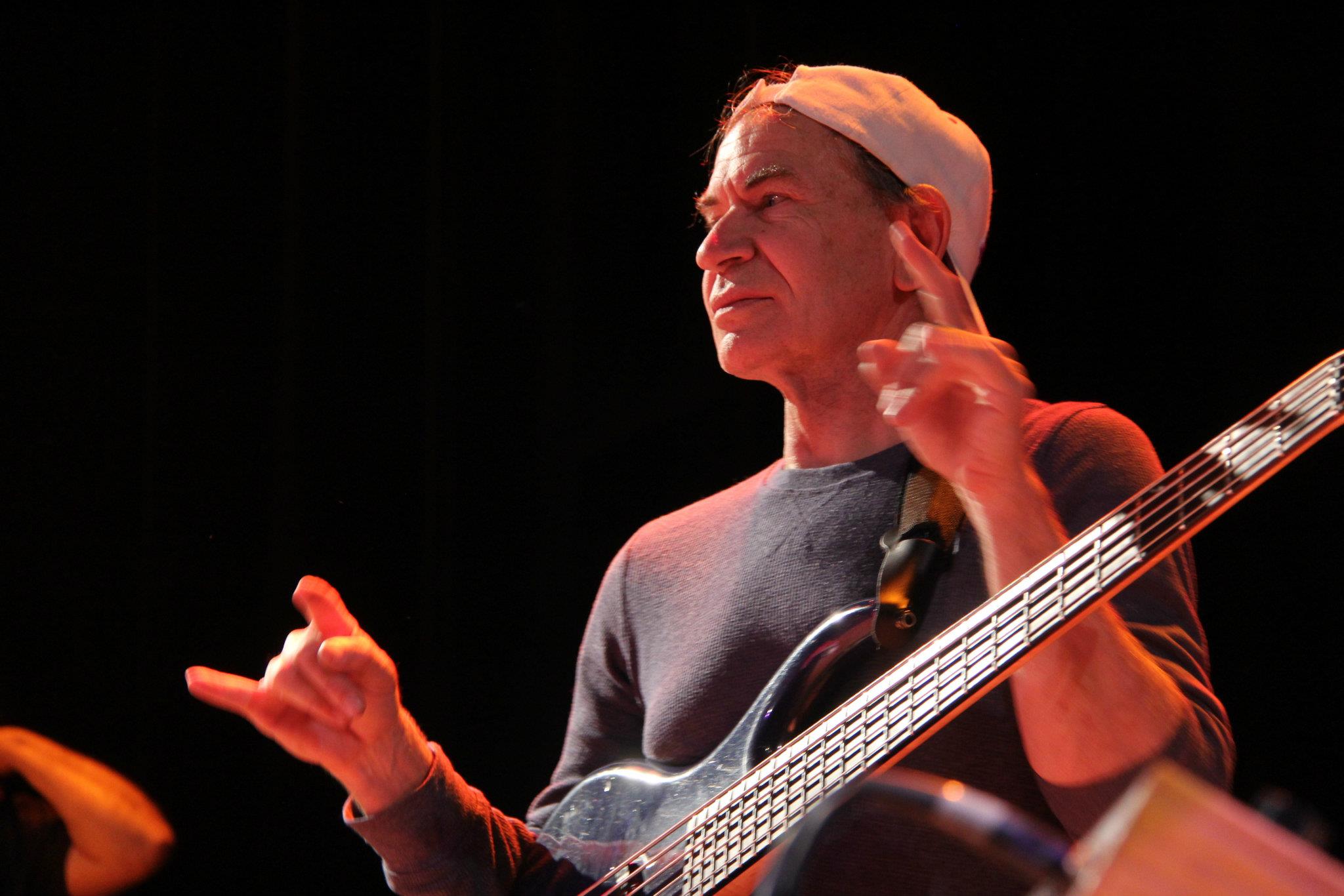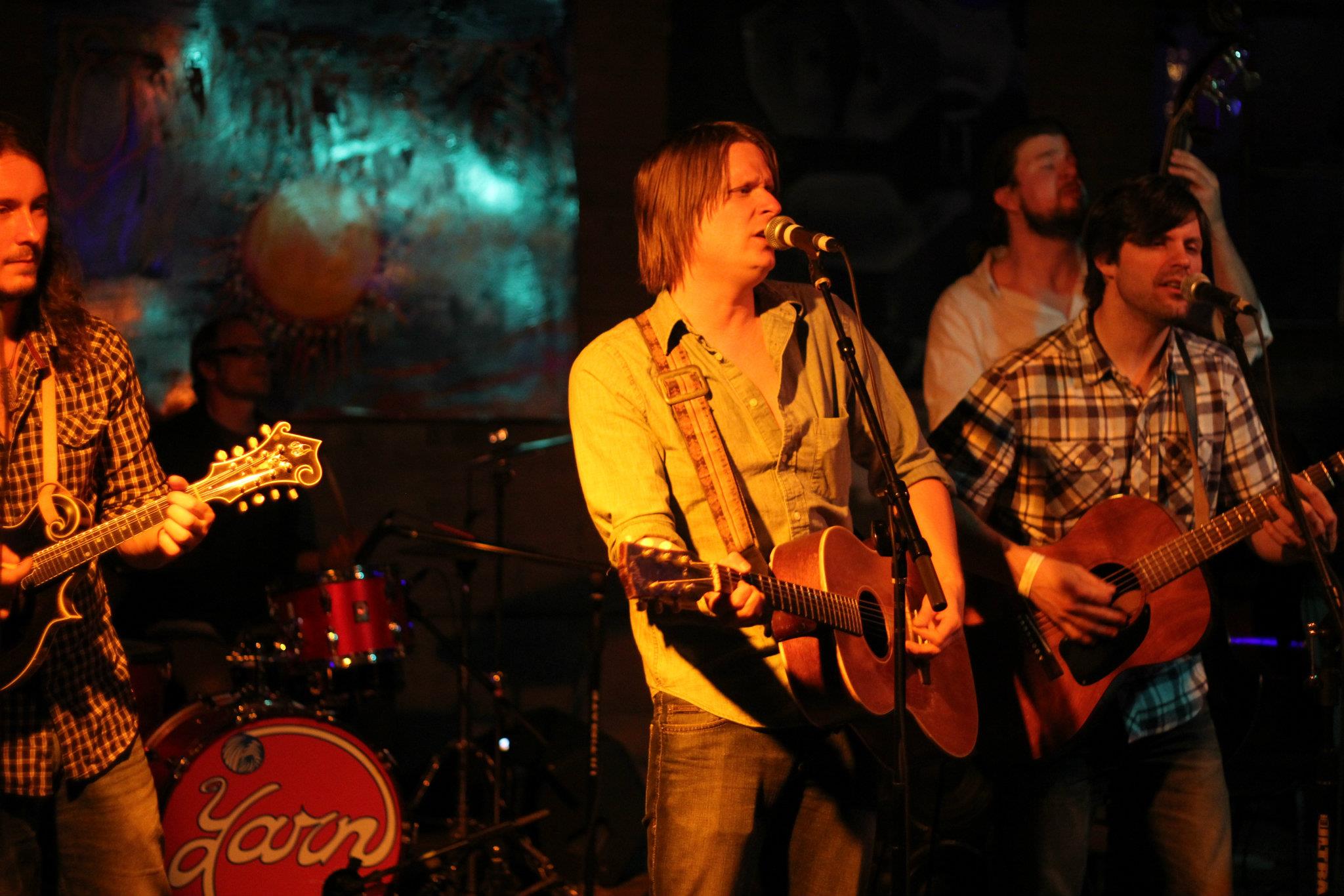Musicians have always had the perfect platform for speaking to the masses, and are perhaps the most strategically positioned for getting messages out to mankind. Singer/songwriter Martin Sexton is a tremendously talented performer and also one of the most conscious individuals on the music scene. Sexton spoke with us about the songs his new EP, the awakening of the American people, and the power of unity. While most people love him for his gifts of song, underneath all of that is a true passion for justice and harmony among people, namely by way of love conquering fear.
GW: You just released an EP, Fall Like Rain at the end of January. You’ve said the songs are relevant today and you didn’t want to wait to release a full-length record. Would you elaborate on some of what you feel are the urgencies on the album?
MS: Yeah. I had a couple of songs that I thought are really relevant right now with all that is going on in our world. Things like our President signing The National Defense Authorization Act--which basically allows the military to arrest us without any charges and indefinitely detain us, American citizens. Things like that, The Patriot Act, and the whole Occupy thing going on. I just want a song like “One Voice Together” to get out there because it has a lot to do with all this. It has to do with unity and bringing people together. And the song “Fall Like Rain” is kind of about—it’s not so political—but it’s about losing ones crutches or comforts in life to be wide open to life, on life’s terms…to pull the ear-buds out and unplug ourselves from the man-made, technological world…to get off the grid a little bit, off the matrix—that man-made matrix—and get out in the woods and feel the sunshine and smell the air and hear the birds, you know? Stop and smell the roses and basically enjoy what God gave us, as opposed to being completely reliant on the man-made stuff. So anyway, I wanted to get this record out now as opposed to waiting another six months. And then again, it’s (the price of the EP) a five-dollar bill. A lot of people are underemployed or unemployed and they can get new music for the price of a moch-choca-latte.
GW: In “One Voice Together” the lyrics read “In a world of warfare peace is bad for business/There’s no money to be made in forgiveness.” Do you feel that humanity can come together and take a stand to move away from such an established machine? Like manipulative media and corporate perpetuation of wars. Do you think humans are on their way to taking a stand against this?
MS: I see people waking up. I see people becoming informed and I see us, as humans—yes—conquering this--basically love conquering fear. I think we can do it. I think all it takes is for the right amount of people to be informed and to act on that information. Faith without works is dead. A good example is the Occupy Movement—a bunch of people coming together without any really specific demands, but still effectuating change—even if it something simple like Bank of America dropped it’s five-dollar ATM fee—that’s all because of the Occupy Movement. That’s one small step and one small example of what we can do. That’s billions of dollars that won’t change hands from the people to a bank. I think the more people realize what’s going on in the world, and the more people realize how we’re all the same—us people, us working people of the world, if we could set aside our differences—that’s what “One Voice Together” is about…’okay, you’re pro-life, I’m pro-choice, your more left, he’s more right’—if we could drop those divisions…kind of like family does, like my family—I’ve got left, right, gay and straight, older and younger in my family, and we disagree on things, but at the end of the day we love each other and find a way to see eye to eye, for the common good. I think people of the world can do this as well. I have faith in the goodness in people. I think the majority of people are good people. They’ll open the door for you when you walk into a gas station. I think that goodness is in most of us, in the majority of us and we just need to tap into that and find our strength.
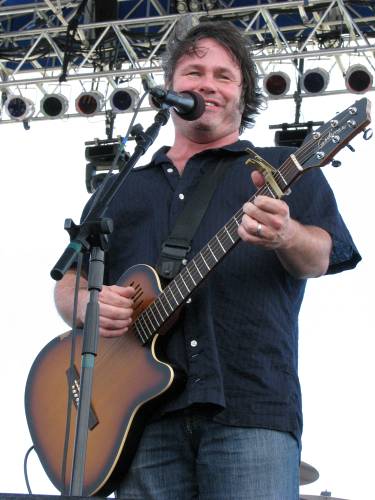
GW: With the amount of people who I know who have pulled their money out of corporate banks and moved their money into credit unions—
MS: Oh yeah—
GW: --that has obviously dealt a huge blow to the corporate banking industry.
MS: We can speak with our dollars, with our votes, with our mouths, with our songs, with our actions, with our bodies—we can put our bodies out on the street and hold a sign. There’s a lot of ways we can speak and effectuate change. I feel like we’re in the new 60s, it’s time for people to see that. I’m seeing it, and a lot of other people are seeing it. I love America, I LOVE America! I love everything American and I know America like the back of my hand, I’ve been around it, through it, over it, under it, every way, six ways to Sunday, and I know American people and I love America. I don’t like the business of America. I don’t like the business that America has gotten into. It’s just warfare, a nation in control of it’s own citizens. I don’t like it and I’m not going to sit down for it.
GW: The internet and social media have been a huge components in a lot of the protest and newfound consciousness. In the same way that it helps music get around to people it also helps share ideas and information. How do you feel about this?
MS: Well, I know that the powers that be are doing their best to control the internet, to be able to shut it off at will, shut it down. Kind of like China does. Basically, if things get a little too dangerous, they just shut it down. They control who can get what from it, and we seem to be heading in that direction. There are some promising things that have happened, like the whole SOPA thing got shelved because people got up in arms and spoke out against it and Congress said “okay, we’ll put it away for a while.” So I think signs like that are promising, that we the people do have some power, we just need to realize it and utilize it. I think people tend to think that “oh, I don’t matter, my vote doesn’t count, my voice doesn’t get heard,” but when you get together with enough people, it really does.
GW: Yeah, the SOPA protest spread like wildfire on Facebook.
MS: The internet is also a double-edged sword; it works both ways. Certainly our government utilizes it as well, to their agendas, but it can still be the free internet, and that’s a beautiful thing. It’s really a purely democratic format and I’d like to keep it that way.
GW: Back to the Occupy movements. Did you get a chance to visit any of the movements?
MS: I didn’t personally visit any of the sites.
GW: How are your audiences reacting to the new songs?

MS: They are reacting quite well. A lot of times I’ll end a show with a hootenanny sing-along of “stop, what’s that sound, everybody look what’s going down,”(“For What It’s Worth” by Stephen Stills) and it’s an empowering thing, people singing together. It’s a force to be reckoned with. You get people who would otherwise be fighting about things like abortion or healthcare or race or sexual orientation—you get those people, and they’re not doing that, instead they’re singing together “stop, what’s that sound, everybody look what’s going down,”—that’s like a standing army. I think Bob Dylan said ‘a guy and a guitar can defeat an army’. Because a guy and a guitar—that’s a unifying thing, man. Music is a powerful, powerful thing.
GW: It’s a song that a lot of people have in their subconscious, and it’s as relevant now as when it originally came out (1967). I saw Stills play that down in Denver last year, and the power between the artist and the audience—you could feel it; you could cut through it with a knife.
MS: That’s a beautiful thing.
GW: How is it balancing life on the road with family life?
MS: Well, it’s funny; I was speaking with a couple last night, a married couple who were both in the Navy. I meet a lot of service people; there seems to be a lot of people in the armed service who enjoy my music and come to my shows and I meet them. I always love talking with them. I said to this couple last night, I said “my job is kind of like being in the Navy; I go out for weeks or months at a time, and when I come home I am there 100%.” I’m on cycle right now, so I’m busy working this record. After about a year, that cycle is over, the touring is much lighter. So it really balances out quite well. I get to spend a lot of time with my family, more time than I got to spend with my own father. He didn’t leave town for his job, but he came home from work and he was tired and he fell asleep in front of the TV. So I like that I have a very beautiful time with my family when I’m home. When I’m on the road I miss them, but we keep in touch, make use of the telephone or whatever else.
GW: How old is your son?
MS: Three years old.
GW: Is he showing any inclination toward music?
MS: Oh, yeah, he’s very musical. He plays drums and sings like a bird.
GW: Nice. Would you describe a typical non-working day in the life of Martin Sexton?
MS: You mean just a day at home?
GW: Yeah.
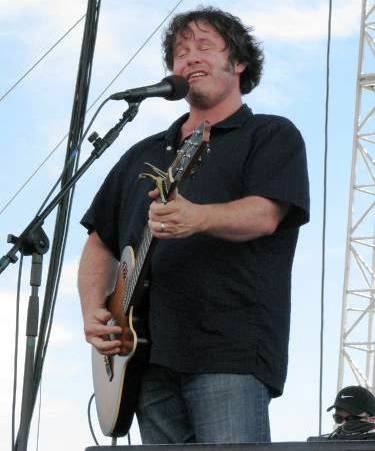
MS: Get up with the kid, and make some breakfast; pretty average home life. Maybe walk the dog, take care of whatever errands, maybe go out, take a hike in the woods. If it’s summertime—we’re up in the Adirondack Mountains in June and July—if we’re up there, that’s different. We’ll go out on the boat, go fishing, take a hike in the woods, drive the boat into the farmers market on Saturday morning, buy some local produce.
GW: Did you say, “drive the boat?”
MS: Yeah, we can take the boat into town. I even took the boat to a gig one summer up there. Beautiful!
GW: You’ve got a reasonably full schedule of touring. Do you have any festival appearances planned for this summer?
MS: Let’s see…I don’t know, actually. I’ll know in the next month. Right about now is when they’re all announcing, but I don’t know yet. I tend to keep my summer touring light so that I can just live up at the camp. I tend to tour hard in the spring and fall and in the winter. I’ve played them (festivals) all, from Bonaroo to Newport to Mile High and Rothbury…and JazzFest in New Orleans. They’re all great, it’s all fun. But I don’t have any more fun at a show at Bonnaroo then I do in Pensacola Tuesday night, that’s where I was last night.
Click here to check out Falls Like Rain.
And here to view his current Tour Schedule.






